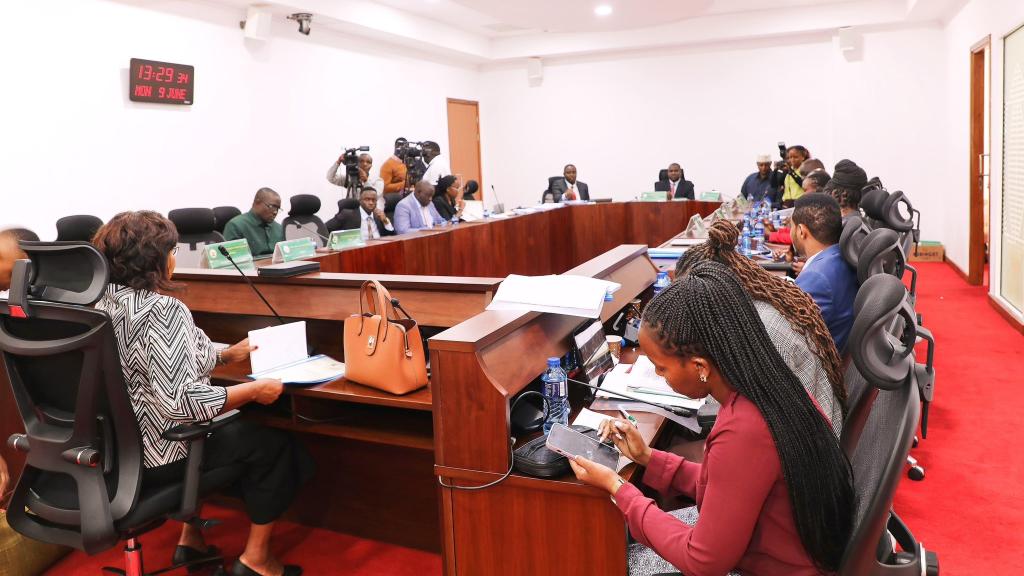Police reform nominees grilled on wealth, oversight, and public trust

Nominees for the National Police Service Commission have defended their credentials and laid out their priorities before Parliament, promising to pursue sweeping reforms, restore accountability, and mend strained ties between the police and the public.
Appearing before the National Assembly’s Committee on Administration and Internal Security on June 9, Prof Collette Suda, Benjamin Juma Imai, and Peris Muthoni Kimani were grilled over their wealth, oversight capacity, and plans to confront police misconduct and rising insecurity.
The three, nominated by President William Ruto, are worth a combined Sh252 million. Lawmakers raised questions about whether their backgrounds and fortunes might hinder impartiality.
Committee chair Gabriel Tongoyo reminded the nominees that police brutality and corruption are eroding trust, citing the mysterious death of Albert Ojwang in custody.
“Public trust is going down day by day. What are you going to do about this?” he asked.
Prof Suda, who has held top posts in various ministries and holds a PhD in sociology, said her experience prepared her for the job. “My experience as a sociologist and gender expert has prepared me to serve as a member of the Commission,” she said.
Responding to concerns about her overqualification, Suda said she was eager to give back through service. “It’s only fair that I share it while serving in this position,” she said.
She committed to working with the Ethics and Anti-Corruption Commission and the Independent Policing Oversight Authority to ensure police accountability. “What needs to be achieved is the establishment of an efficient, transparent, and accountable service,” she said.
Kimani, a former deputy inspector general with nearly four decades in the force, promised tough action on rogue officers.
“Uncooperative officers will face the full force of the law,” she said. However, she opposed digital recruitment, citing network challenges in rural areas.
Juma, a former Assistant Inspector General who helped form the border police unit, pledged to implement the Maraga Taskforce reforms and support stronger oversight.
“The Commission will ensure that the reforms are fully enforced. The Maraga recommendations will be integrated to promote the well-being of police officers,” he said.
He also said public apologies could play a role in restoring trust. “We will restore trust through public apologies and by making officers accountable,” Juma said.
Lawmakers questioned Juma on reports of unaddressed rights abuses in Boni Forest during his tenure. He insisted that oversight bodies should be empowered to act quickly and decisively when complaints are raised.
Committee vice chair Dido Raso asked how diversity and gender inclusion would be advanced in the male-dominated police force. Suda said inclusion would be a top priority, noting that a citizen-centred and inclusive service is crucial for security and fairness.
The three nominees vowed to work with IPOA and other institutions to bridge the gap between citizens and the police, while addressing longstanding structural weaknesses in the service.
